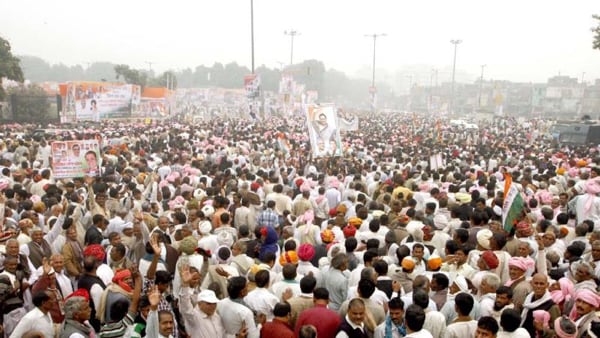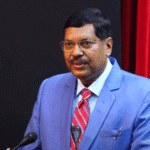President Daniel Noboa has declared a state of emergency in nearly half of Ecuador’s provinces following threats of protests against diesel subsidy cuts from an Indigenous leader. The announcement, made late Saturday, indicates that restrictions will apply to 10 of the country’s 24 provinces to ensure “public order, internal security and the well-being of the people.”
This decision comes after Ecuador’s constitutional court annulled a previous state of emergency in five out of seven provinces just a day earlier. Noboa’s decree referenced remarks made by Marlon Vargas, president of the umbrella Indigenous organization Conaie, who suggested that if the government continues to disregard their demands, “we will be convinced to take Quito.”
Conaie had previously called for a national strike against the subsidy cuts last month, leading to protests that resulted in road blockades and disrupted flower exports. Tensions escalated in Imbabura province in the north, where reports indicated that one person was shot by authorities and a group of soldiers was kidnapped and assaulted before being released.
Under the newly imposed state of emergency, the right to public assembly is suspended. Public gatherings that may disrupt essential services or compromise safety are prohibited, and law enforcement—including police and military—are authorized to intervene to disperse such gatherings.
Investors in government bonds are optimistic that, unlike his predecessors, Noboa will maintain his commitment to cut subsidies, which amounted to $1.4 billion last year. Previous attempts by former presidents Lenin Moreno and Guillermo Lasso to eliminate similar stipends faced intense, sometimes violent protests, compelling them to reverse their decisions.










